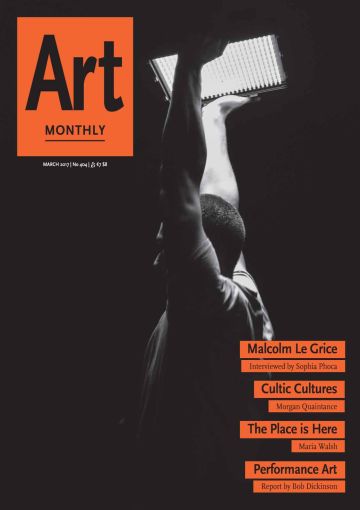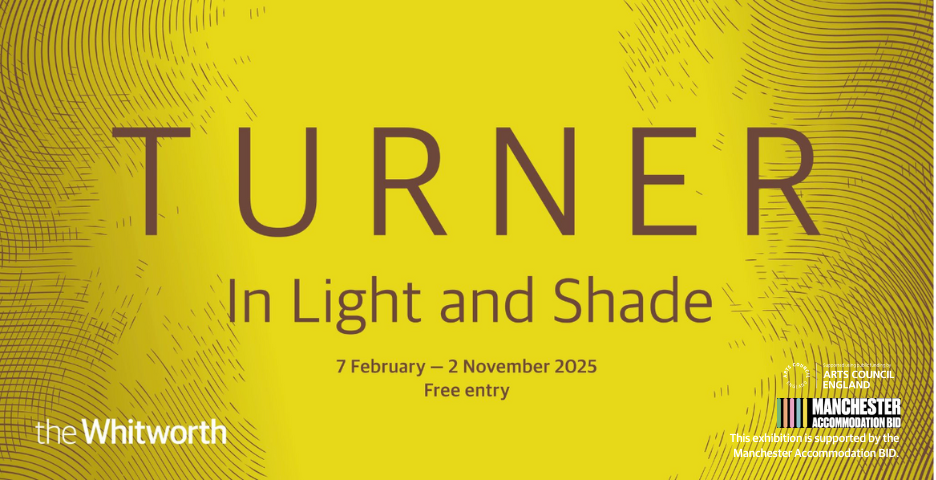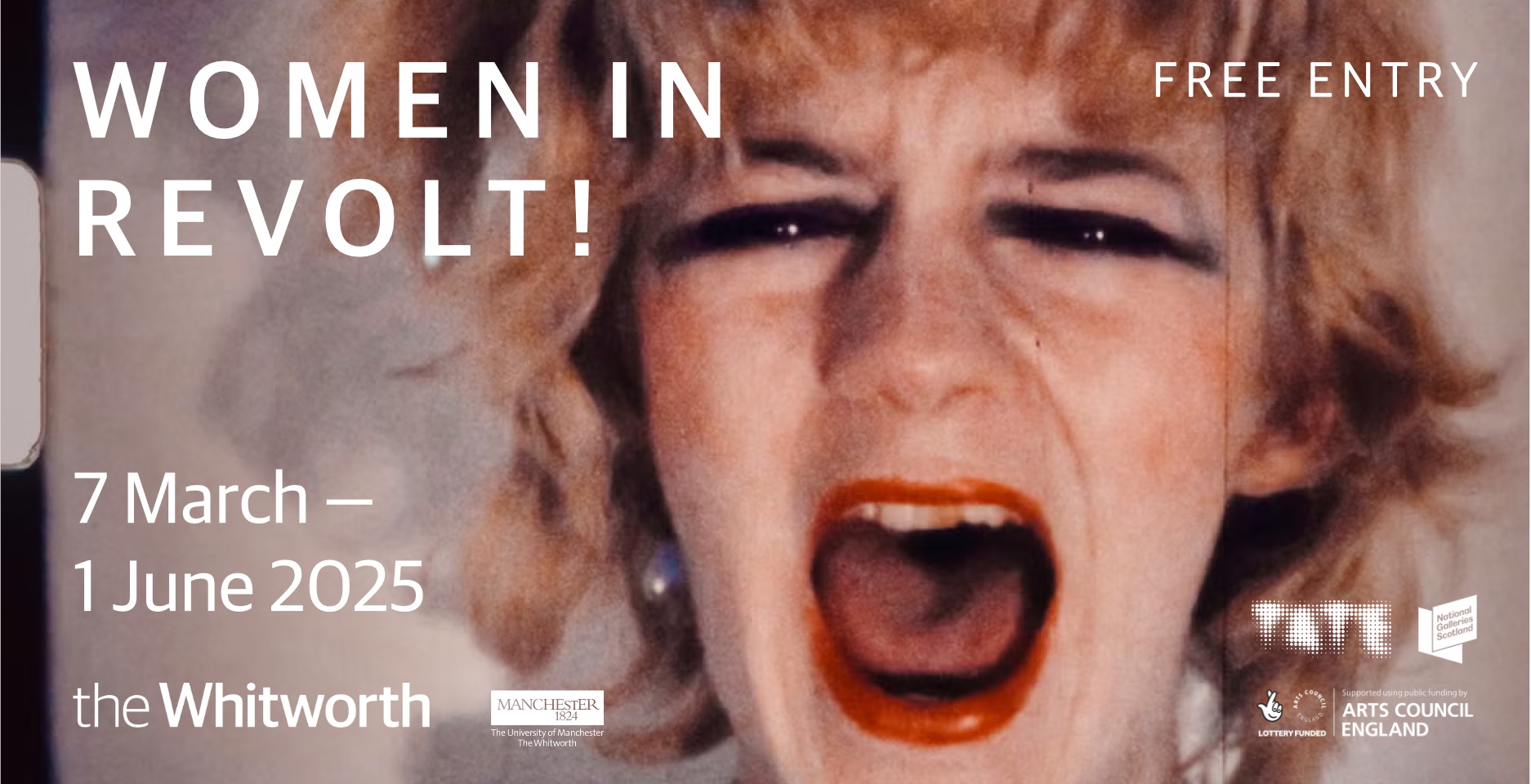Afterward
Art Education and Mental Health – Mark Fisher Remembered
Ashiya Eastwood on the art-education system’s failure to deal with mental-health issues
On the morning of Monday 16 January, students at Goldsmiths gathered for what would have been theorist Mark Fisher’s first Postcapitalist Desire seminar of the Spring term. The subject was a new module for the MA in Contemporary Art Theory, having been introduced in October 2016 to coincide with a project Mark was working on based on the term ‘Acid Communism’, a development of his 2009 publication Capitalist Realism: Is There No Alternative? (Reviews AM333). The module was an open experiment: an opportunity for both him and his students to explore the role that culture and aesthetics could play in imagining and facilitating a move beyond capitalism. That morning, however, everything stood still. The designated seminar room became a space for collective grief and contemplation following the sudden, devastating news of Mark’s death over the weekend. The death had been announced by Repeater Books, the publishing house he founded with Tariq Goddard after their departure from Zero Books, soon followed by a message from his partner Zoë Fisher to confirm that Mark had taken his own life after a sustained battle with depression, a condition he had suffered with, and publicly discussed, for most of his adult life.
Staff and students staggered through that first week, blindly attempting to navigate the situation. An assembly was organised during which students gathered with tutors in a packed lecture theatre to share personal stories highlighting Mark’s generosity, kindness and ability to inspire those around him. While some classes were cancelled, others were dedicated to Mark’s work: listening to audio works, reading his texts, talking through the grief. In his 2016 publication The Weird and the Eerie, Mark described the ‘weird’ as being notable for the way it opens up an egress between this world and others. Goldsmiths, in that vein, became a ‘weird’ between-space for those within it, a threshold between worlds.
In the weeks since his death it has become clear that Mark had been struggling for some time, and the institutional pressure placed on him was exacerbating his distress. In an audio piece Mark recorded for the 2015 Goldsmiths’ People’s Tribunal, he stated: ‘We cower in our offices, experiencing our inability to cope with the impossible workload, as our personal failure and shame, telling each other that there is no time to talk.’ Mark often discussed ‘the privatisation of stress’, where mental illness is positioned as an individual chemico-biological problem. He, however, argued that, rather than being a private issue, the cause of depression is the exact opposite; mental distress is a direct consequence of the dysfunctional social system. Moreover, he wrote that capitalism benefits from naturalising mental ill health: ‘You pay for a cure from the very system that made you sick in the first place.’
To demonstrate this argument, Mark turned to the education system. As teachers and lecturers jump through academic hoops in order to impress what Mark called ‘the big Other’ (the ‘symbolic structure’ theorised by Slavoj Žižek and Jacques Lacan), they find themselves merely contributing to a set of data which has, he wrote, ‘little meaning or application outside of the parameters of the audit’. The recent rapid privatisation of educational institutions makes the process less about teaching and more about meeting one set of regulations after another: preparation of programme specifications, annual programme reports, recording student performance, progression and withdrawal rates, grade monitoring by external examiners, peer observation, departmental inspections, the REF and TEF.
Anger and sadness have both taken hold at Goldsmiths as students and staff attempt to make sense of the situation. It is widely accepted that support provisions for mental health issues within higher education are inadequate; grievances include long waiting lists, individuals in crisis being turned away, referrals to speak to students instead of qualified therapists, and a focus on diet, sleep and exercise. During one group conversation a student suggested that ‘they’ (the institutional big Other) would require statistics in order to act on the situation, to which a tutor sardonically responded: ‘How many more suicides will it take?’
When Capitalist Realism was published, Mark was a visiting fellow at Goldsmiths and a tutor in philosophy at the City Literary Institute. By the time of his death, seven years later, he was lecturer in contemporary art theory and had been appointed course leader of MA Contemporary Art Theory in the Department of Visual Cultures. Capitalist Realism sold well over 10,000 copies, and Mark had since published Ghosts of My Life: Writings on Depression, Hauntology and Lost Futures, 2014, followed by The Weird and the Eerie, and in 2009 he edited The Resistible Demise of Michael Jackson and in 2014 co-edited Post Punk Then and Now. He built up an extensive archive of work, from his involvement with the Cybernetic Culture Research Unit at Warwick University to his blog ‘k-punk’ via sites such as Dissensus and the Hyperstition archives. He had worked with figures and collectives including Justin Barton, English Heretic and Plan C, and had organised critical conferences and workshops on HP Lovecraft, accelerationism, The Shining and the politics of anxiety. ‘Acid Communism’ was the next big step.
Focus has now turned to continuing Mark’s working practice, fighting against the bureaucracy that causes so many people to become seriously ill. In his 2014 article Good For Nothing, Mark stated: ‘Inventing new forms of political involvement, reviving institutions that have become decadent, converting privatised disaffection into politicised anger: all of this can happen, and when it does, who knows what is possible?’ He constantly sought to produce and effect change in his work while communicating hope, and this is the key approach for those fighting back; meetings with senior management at the university are under way and a plan for direct action is taking shape. Students in Mark’s Postcapitalist Desire class have taken on the subject in a group capacity, working collaboratively to see it through as intended. Others have started archival projects, collecting his work in order to create a broader picture of his extensive output. During a memorial service held at Goldsmiths in February, Robin Mackay of Urbanomic spoke of what he termed the ‘Fisher-Function’, stating that ‘we have to try to understand his life, and the consequences of his death, at once horrifying and awakening, as a part of the Fisher-Function. And I don’t simply mean the intellectual contributions that we can appreciate, extend, take forward into the future; I also mean what we need to learn in terms of looking after ourselves and each other, right now.’
If we understand Mark’s depression and resulting death to be political, we must challenge the system within which we exist. The big Other must take responsibility for the effect that the institution under capitalism has on individuals’ mental health – mental health must be tackled on a political, institutional level. One way of doing this is by working to change the support system for those in crisis, thus making depression a collective issue. To quote Mark, we must take the path ‘from anger and sadness to collective joy’.
With thanks to Kodwo Eshun, Angelina Ronkina and David Cross-Kane.
Ashiya Eastwood is a musician and an MA Contemporary Art Theory student at Goldsmiths, London.
First published in Art Monthly 404: March 2017.











